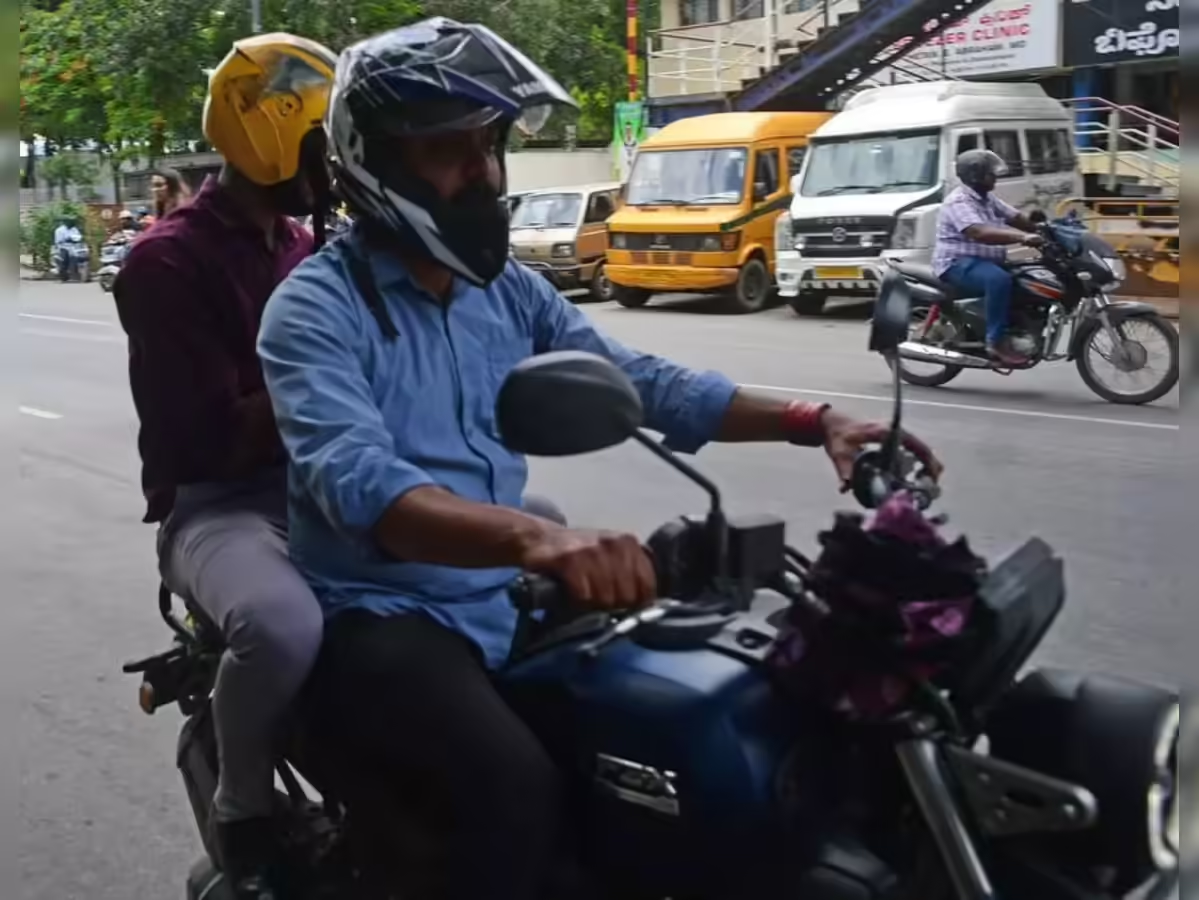Mumbai’s transport ecosystem marks a green milestone with the Maharashtra government’s notification of the Bike‑Taxi Rules, 2025 on 4 July. This comprehensive policy formally legalises two‑wheeler ride services through licensed aggregators, mandating sustainability, safety, and gender equity. It positions the new system for a late‑July rollout, aiming to redefine last‑mile mobility and further the city’s carbon‑neutral vision.
Under the five‑year licence regime, aggregator firms are required to deploy a minimum fleet of 50 electric two‑wheelers—a deliberate strategy to phase out fossil‑fuel vehicles and drive sustainable urban transit. By insisting on fully electric fleets, the policy underscores Mumbai’s commitment to reducing vehicle emissions and achieving zero‑net‑carbon goals.
Rigorous driver criteria and passenger safeguards are central to the new regulations. Eligible drivers must:
• Be aged 20–50 with a PSV badge and commercial licence;
• Clear police verifications and possess a clean criminal record;
• Undergo gender sensitivity and safe driving training;
• Limit shifts to eight hours daily to minimise fatigue.
Each ride must offer Rs 2 lakh insurance coverage for accidental death, GPS tracking, branded helmets, and emergency helplines linked to aggregators, police, and passenger contacts. Additional measures include yellow paint, ‘bike‑taxi’ markings, and ride‑distance caps to ensure visibility, regulation, and safety. In response to a July incident near Mantralaya involving an unlicensed operator, the government fast‑tracked the final notification. With licensing applications now open, authorities anticipate legal bike‑taxis hitting Mumbai roads—and other large cities—in the coming weeks.
This policy also attempts to maintain gender neutrality: platforms must allow passengers to opt for women drivers and are encouraged to hire women riders, supported by app‑level safeguards to protect privacy. Such initiatives reflect a growing emphasis on inclusive urban mobility and equitable services. However, challenges remain. Aggregators face high deployment costs to procure EV fleets, set up dedicated stands, charging infrastructure, and emergency control rooms. Moreover, concerns persist around integration with existing public transport, fare regulation, and competition with auto‑rickshaw services—as highlighted when the Nagpur RTO sought last‑minute public feedback on the draft policy.
From a broader city and climate standpoint, the policy aligns with Mumbai’s sustainability agenda by encouraging clean, app‑based, and monitored mobility. If implemented effectively, it could catalyse reduced congestion, lower emissions, and improved last‑mile connectivity. Transparency during rollout and public trust in compliance systems will be vital. As Mumbai pioneers this regulated EV bike‑taxi model, its success will depend on rigorous enforcement, reliable infrastructure, and stakeholder participation. This paradigm shift toward a greener, safer, and more inclusive urban transport network signals a promising leap in the city’s journey towards sustainable modernization.
Also Read: Kerala debuts V2G unified EV charging app and solar storage showcase


